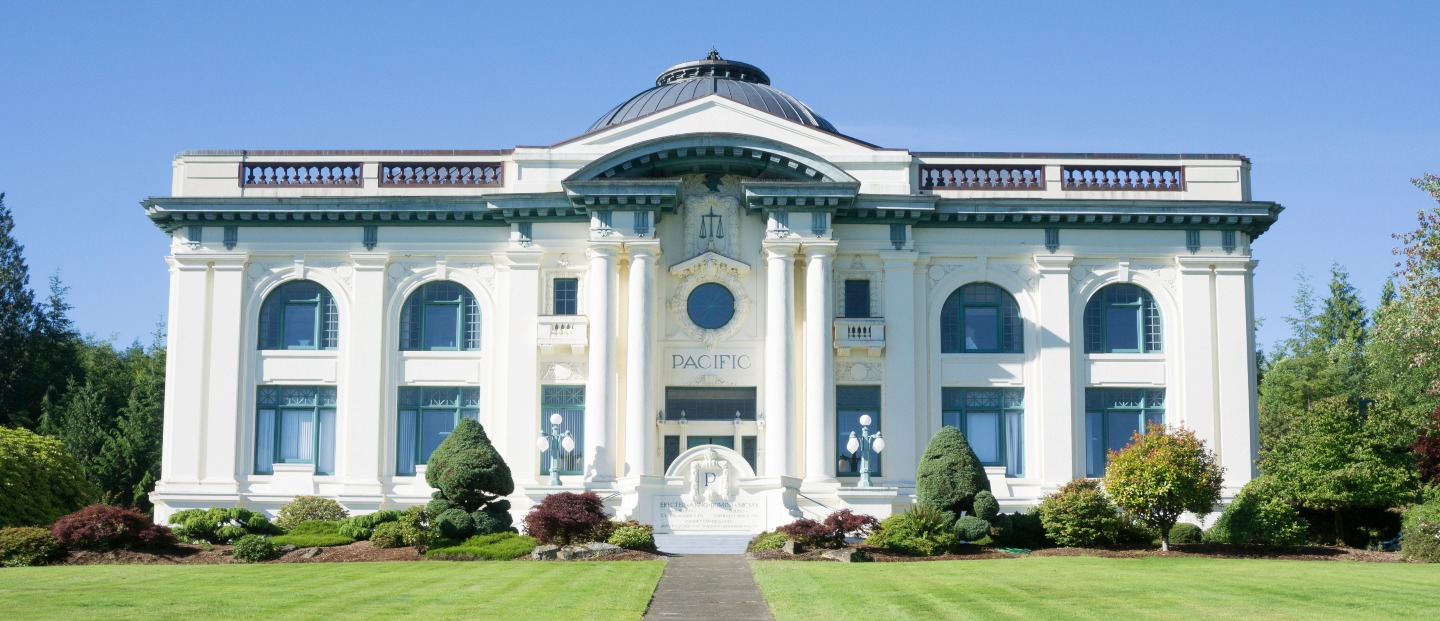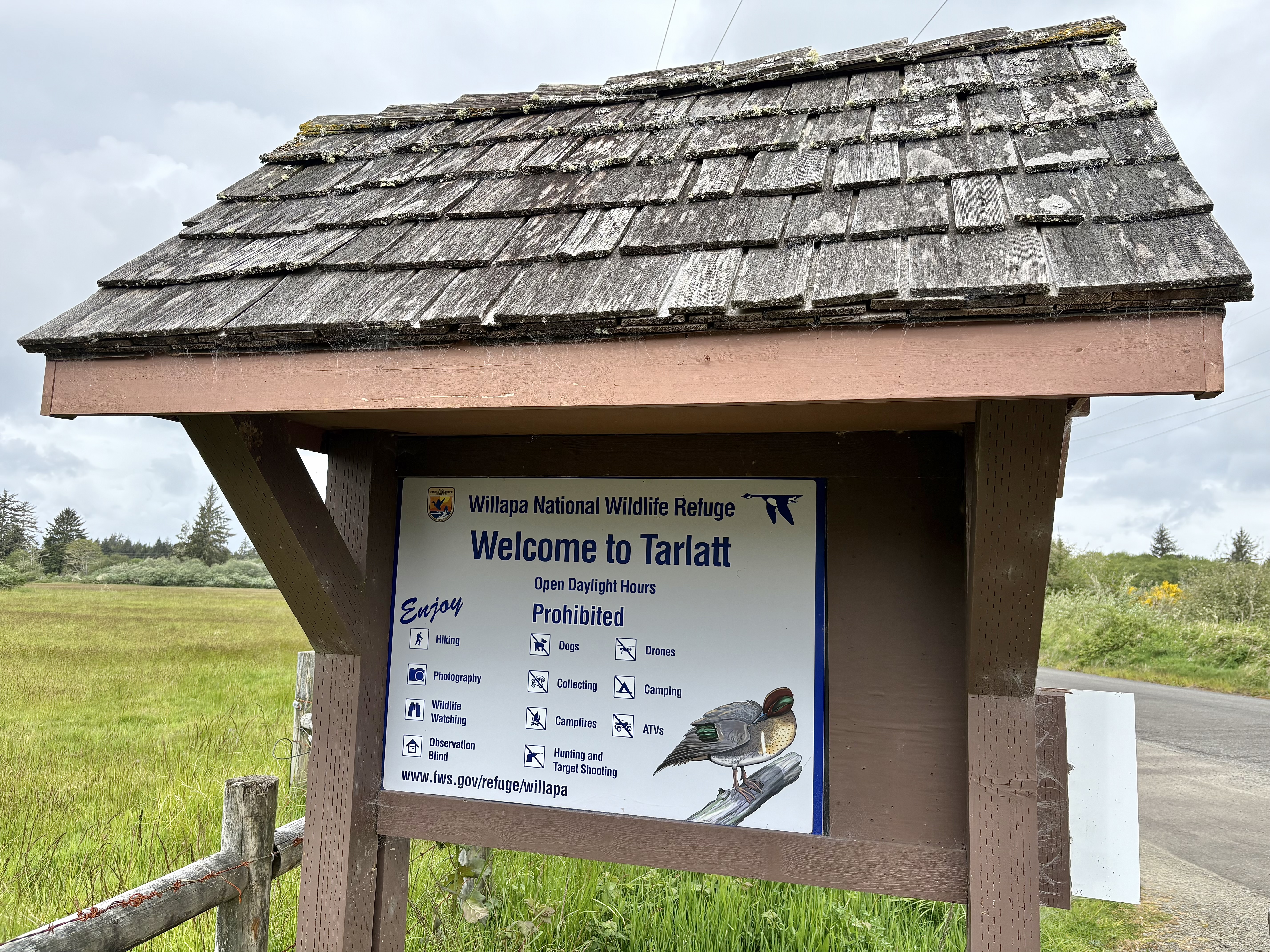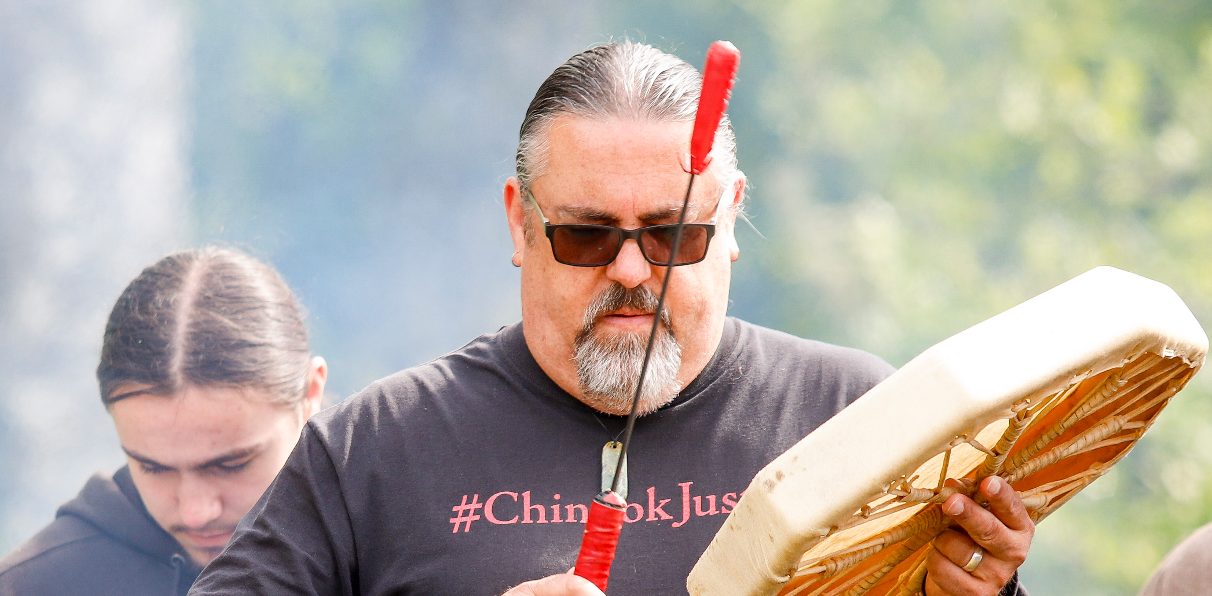Premium beef, modest lives: Couple learns the ranching life; Friendly neighbors support new residents
Published 4:32 pm Tuesday, June 17, 2025

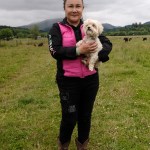
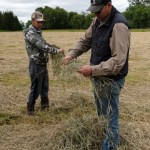
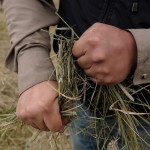
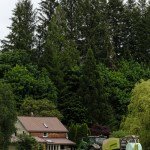

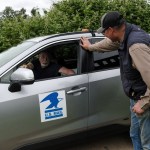
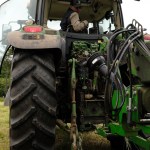

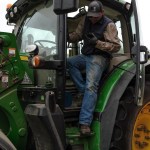
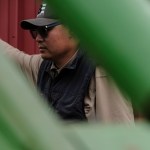
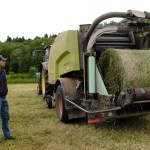
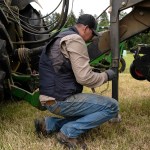
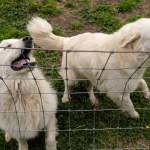

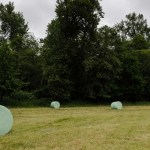
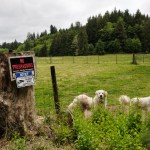


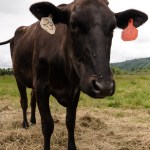
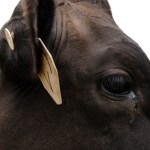
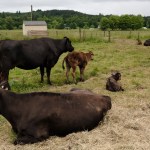
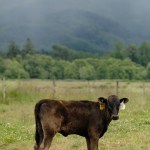
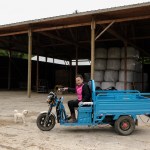

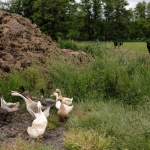
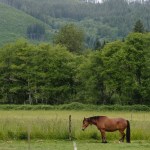


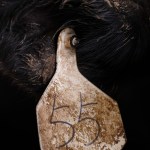
WAHKIAKUM COUNTY — Tony Zhao stands in his hayfield, just off South Satterlund Road, gripping a tussock of cut grass with two hands. By his side is Xiao Yuan, the farmhand who has been helping him with the day’s haying, also with his fists full of grass.
“Yi, er, san,” Zhao counts — one, two, three, in Mandarin. With each count, he gives the bundle of grass a forceful twist, but the tough stalks refuse to tear. Xiao Yuan follows suit, wrenching on his own bundle with gusto. It, too, remains intact.
“It isn’t ready yet,” says Zhao, tossing the grass aside. “We’ll have to wait.” Xiao Yuan nods in consent.
Trending
The “twist test” — a simple trick for determining whether mown hay is ready to bale — is a tiny part of all that Zhao had to learn in order to turn Phillip and Sulema Zerr’s Elk Mountain Ranch into his own TK King Ranch: a Wagyu beef operation, now with over a hundred head of cattle.
The breed, originally from Japan, is prized for the rich marbling of its meat, and correspondingly priced. A single cow from Zhao’s ranch will be raised for at least 30 months before slaughter, and could fetch upwards of $9,000.
Having sold its first eight head this year, TK King Ranch is still in its infancy.
“I’ll probably be here for the rest of my life,” Zhao says, laughing, of the amount of work he still has to do to make his operation sustainable. “It never ends.”
That he ever got to this point in the first place, though, was a surprise — even to himself.
A new life for Beijing couple
Trending
When Zhao and his wife, Andrea Wang, originally from Beijing, bought the property from the Zerrs in 2020, they weren’t sure they wanted more than a hobby farm.
Neither had any prior experience with growing crops or raising livestock. They were simply ready, after several years of doing business in Los Angeles, to find a quiet, rural place to settle down. At most, Zhao thought, they would keep a horse or two — an animal he had loved ever since learning to ride as a youth in the Chinese port city of Dalian.
During their first year and a half of ownership, the pair lived on the property in a fifth wheel while the Zerrs gradually downsized and continued residing in the farmhouse. It turned out to be a formative period, as Zhao, quickly absorbing the ins-and-outs of ranching from the Zerrs, realized that he too could continue raising cattle.
“I knew nothing in the beginning,” he says of this period. “I learned everything from scratch.”
At some point before he began haying in earnest himself, Zhao recalls his neighbors asking if they might hay some of his land.
Zhao said yes, and went to the fields with them to see for himself how it was done.
Today, Zhao, in his big, green John Deere, is the one haying some of his neighbor’s fields, including Teri and Bruce Satterlund’s and Steve Puddicombe’s, just a few miles east on State Route 4. The tractor is overkill for much of the equipment he tows behind it, Zhao admits. But not for the two-in-one baler and wrapper with which he has been depositing big, white marshmallows of haylage and silage all over the fields. The combination of the bigger rig and the baler-wrapper saves a tremendous amount of labor. And if there is one thing Zhao is short on, it’s labor. Aside from a contractor friend and small crew he and Wang invite up from California during the busiest part of the year, Zhao is on his own.
“Some of my neighbors have such large families, with lots of kids who can help do the work,” he said, admiringly, of some of the long-time farming clans he has befriended and learned from: the Burkhalters, the Zimmermans, the Goldinovs. “I’ve got to find a different way.”
Stewards of the land
Still, what Zhao understands despite being a relative newcomer to the area and having no large, established farming lineage to belong to, is that all people are merely temporary stewards of the land. That even as property owners come and go and real estate changes hands, the land itself remains, keeping the sort of time that is better measured in generations than in fiscal years — the passage of which is better felt in the cemetery than at city hall.
It’s hard for Zhao not to feel swept up in this current of history, or in some way duty-bound to continue on in the land’s agricultural tradition. On a visit to the Appelo Archives, Zhao looked into the history of his farm and found himself deeply compelled by it.
“If you take care of this land, it will take care of you,” he said. “But we are all just guests here, and it is fascinating to hear the stories of those who came before.”
“It’s a very strange feeling and hard to explain,” he continues. “There’s just a feeling of inheritance and heritage, like this land has a destiny.”
Zhao and TK King Ranch is now a part of that destiny. And in this sense it matters not that he comes from afar. Like all who came before him, and all who will come after him, he’s only a visitor.
































